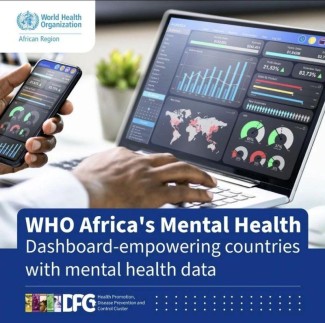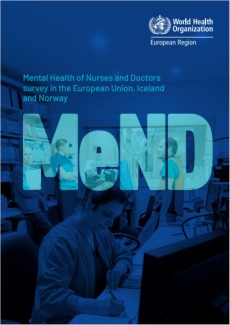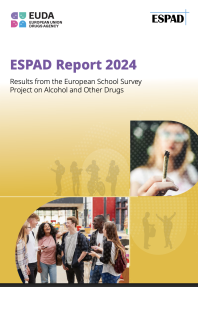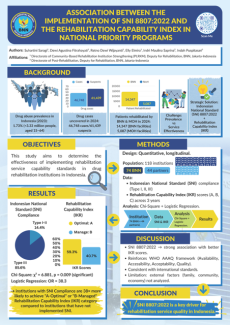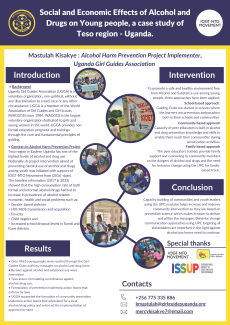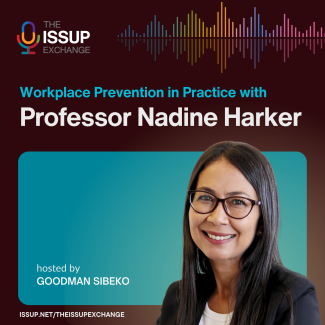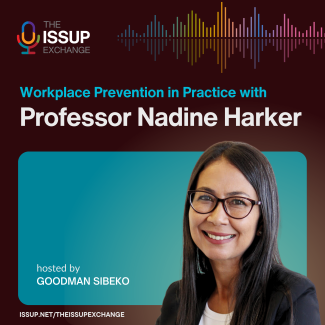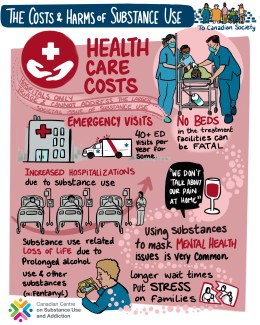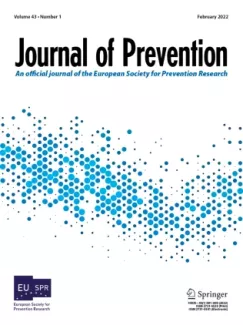Day 2, 16:00 - 17:00, Plenary 11: New Psychoactive Substances and Opioids
Panel Presented at Indonesia 2025 on the 18th of September 2025
Moderator: Goodman Sibeko
Presentations:
Ruzmayuddin Mamat: Prevalence of Psilocybin Use in Vaping and Associated Factors: A Study among Amphetamine-type Stimulants (ATS)...
